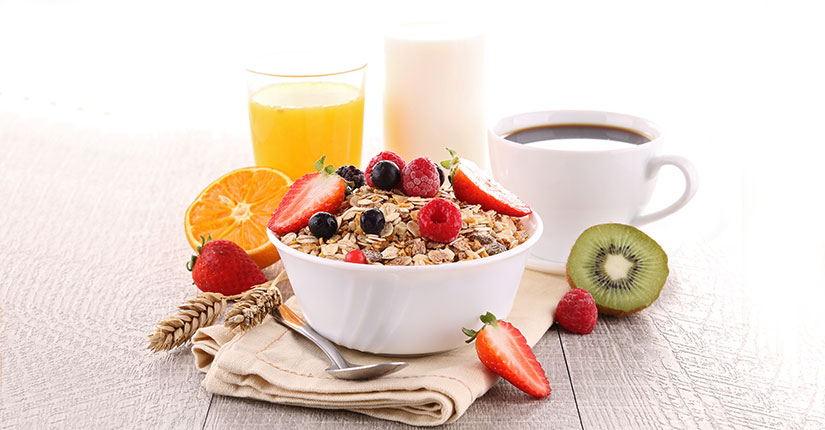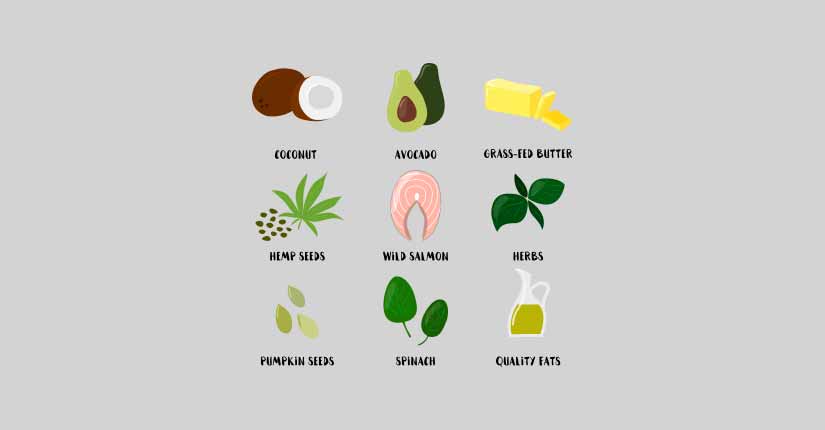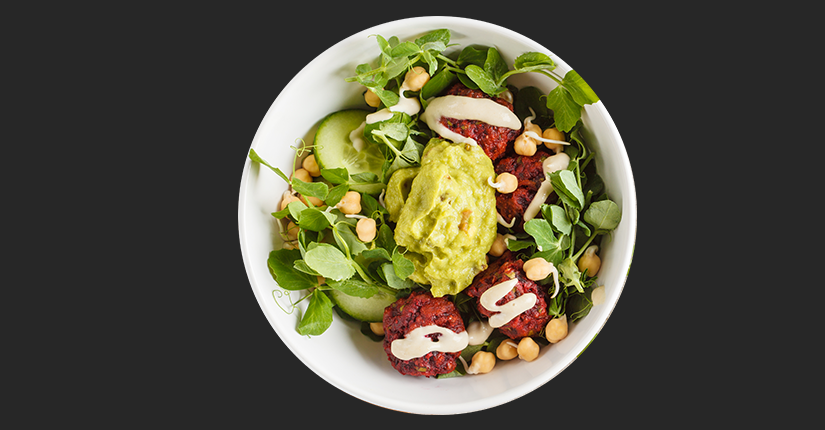Breakfast Cereals: Yay or Nay?
By Nmami Agarwal 01-Jul 2022 Reading Time: 4 Mins

As we all know breakfast is the first and most important meal of our day as it affects our entire day. But it is often skipped or neglected due to a lack of time amidst people’s morning rush to work or school. For this very reason, breakfast cereals have been a quick and easy solution for people to alternate towards instead of cooking early in the morning.
Be it for children or adults, the packaged breakfast cereal market is huge presenting itself with various options and varieties for consumers. As attractive and tasty these breakfast cereals can be you need to read the nutrition label behind that pretty box to know the truth and make the right decision for you and your family. To appeal to you and your health-conscious self, they are even marketed with misleading health claims such as “High in fibre”, “Low fat” and “Whole grain” while the ingredients list and nutrition label could tell you a different story. This makes it confusing to choose the correct breakfast cereal or even answer the question of whether breakfast cereals are the right choice to start our day with?
Most breakfast cereals are made with processed grains and contain large amounts of added sugar to make them palatable and addictive for consumers, especially those made for children. They could also contain a lot of fat and salt. Not only does this make your breakfast high in simple carbohydrates and sugar but it also makes it low in fibre, high in sodium, saturated fat and empty calories. Such breakfast cereals when consumed daily could contribute to health issues such as weight gain, tooth decay, high blood pressure which could increase the risk of chronic lifestyle problems such as obesity, type 2 diabetes mellitus, and metabolic syndrome.
If you still wish to consume breakfast cereals make sure to keep the following points in mind to choose a healthier option for yourself:
- Choose a whole grain breakfast cereal that does not contain any refined or processed grains.
- Carefully read the ingredient list to check the proportions of cereal used and extra additives such as sugar, artificial sweeteners, etc.
- Check the nutrition label to see the nutrition composition of that cereal according to one serving portion.
- Choose a breakfast cereal low in sugar, fat and salt.
- Preferably, pick one with nuts and dried fruits to increase the fibre and protein content of your meal.
- You could opt for breakfast cereals fortified with calcium, iron, fibre, vitamin D and vitamin A.
Footnote:
Overconsumption or daily consumption of breakfast cereals can be harmful and become a lifelong habit that you might pass down to your children as well. Therefore, it is important to pick the right breakfast cereal if you choose to have one and make sure to switch it up with different breakfast options as well.





















